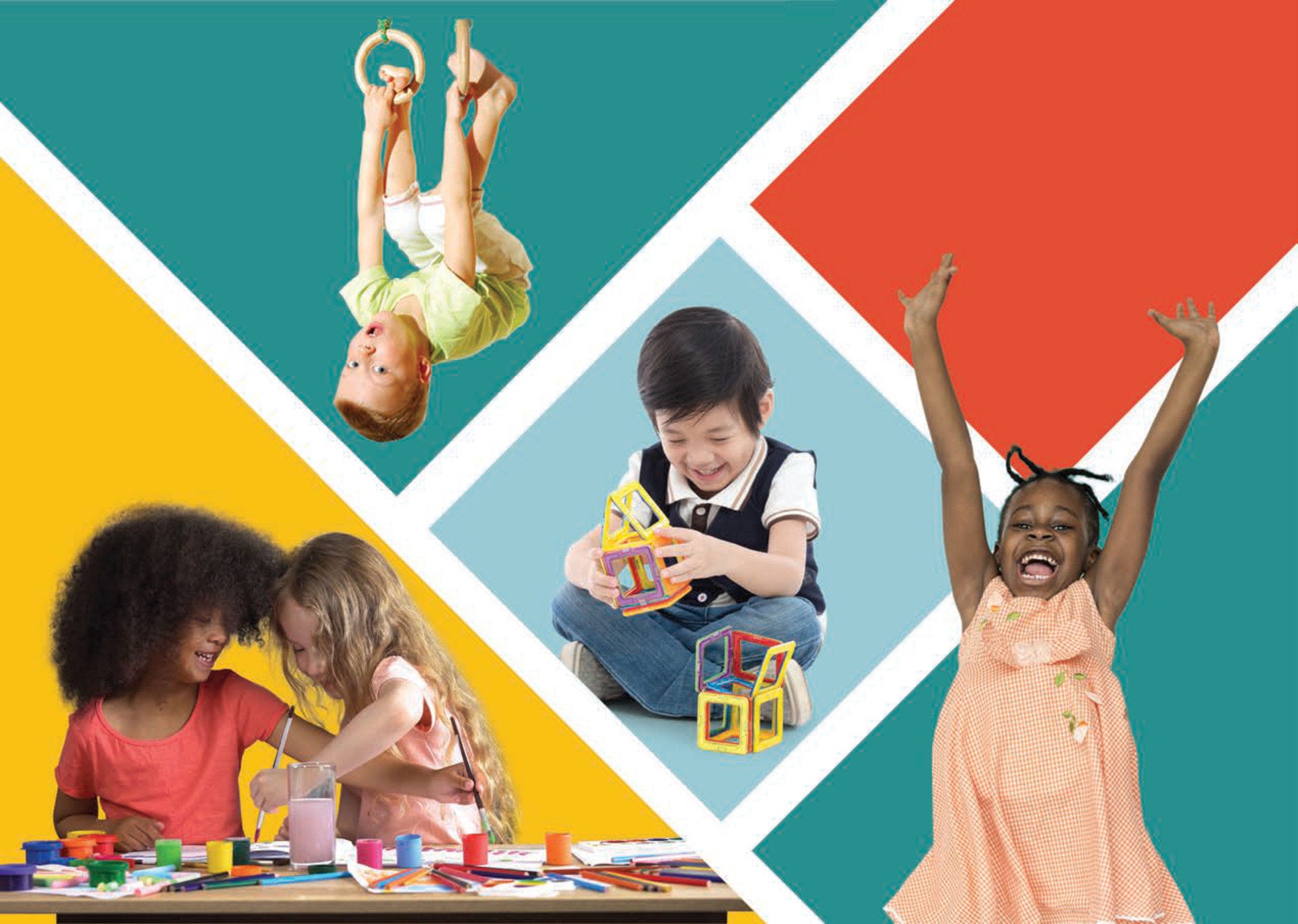It is not always easy for policy makers to make decisions in education that are focused on the future, on what our children need from education. It is easier to rely on what has worked in the past, at least for some children, than to continuously question and try to understand how children are really faring.
The United States has often been an international leader in promoting the need for evidence to support sound decision-making in education. The United States has also been a leader in advocating for internationally comparable data on education. As one of a small group of countries, the United States championed the development and implementation of the OECD Programme for International Student Assessment (PISA). Similarly, the United States has championed the International Early Learning and Child Well-being Study (IELS). While PISA provides countries with comparative information on students’ skills towards the end of school, IELS complements this with comparative information on children’s learning as they enter school. In combination, these two sources of information help countries to better understand the strengths, weaknesses and value-add of their schooling systems from an international perspective.
The United States was one of three OECD countries that participated in the International Early Learning and Child Well-being Study. The study provides policy makers, education leaders, parents, and the wider community with insights on how well five-year-old children in the United States are faring. The study moves beyond speculation and beliefs, and enables children to show us how they are doing. The findings are enriched by comparisons with children in England (United Kingdom) and in Estonia.
The study investigated how well five-year-old children were developing across the range of skills they need to be well-positioned to succeed in education and grow up into happy, healthy and responsible citizens. These skills include both early cognitive development and social and emotional development. Children without this balance of skills will struggle to do well in school and in other areas of their lives.
The study highlights early differences between groups of children, such as between boys and girls and between children from advantaged and disadvantaged families. This helps us to see how we can better support children and their families, both in the earliest years and in the first years of schooling. Education systems that orient their priorities from an institutional lens to children’s actual needs will have greater success overall and will be better able to achieve improved equity.
Children love to learn, and supportive, caring environments help them to do so. Our job is to ensure that we are providing such environments.

Andreas Schleicher
Director for Education and Skills
Special Advisor on Education Policy to the Secretary-General
